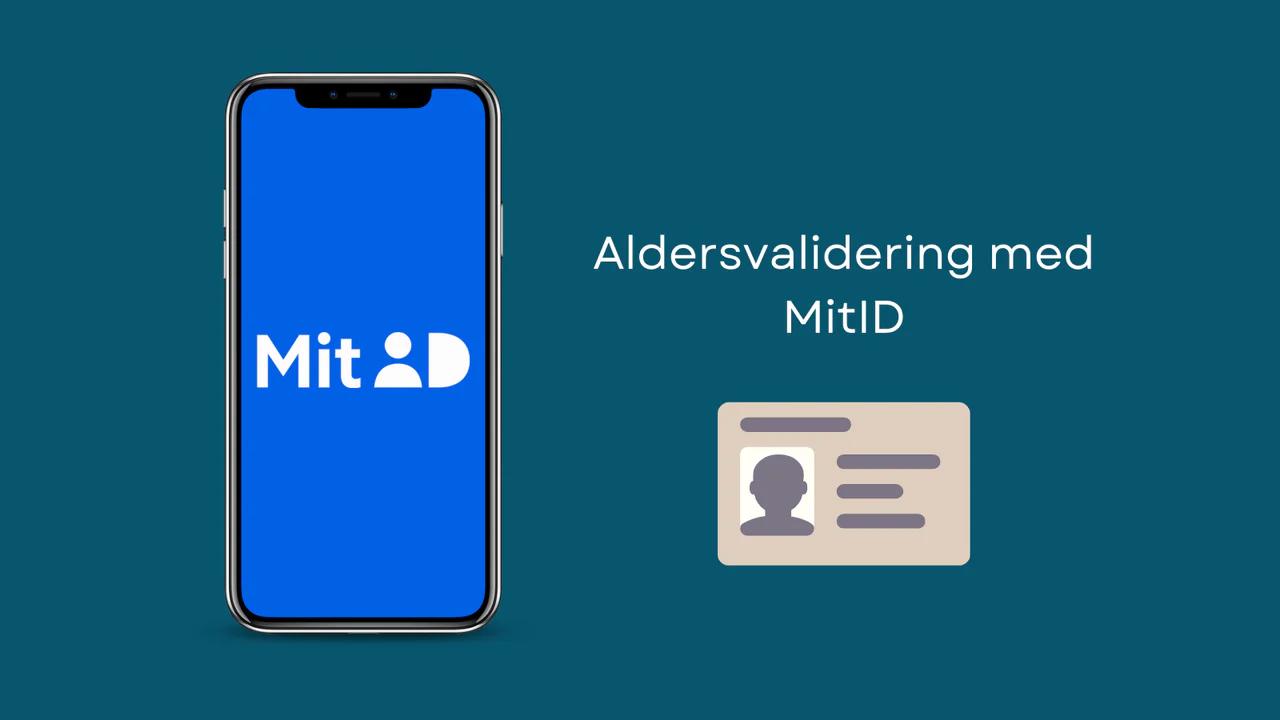Denmark’s New Legislation on Age Verification for Alcohol Purchases: Advantages and Challenges of MitID Integration
Denmark is taking significant strides to address underage alcohol consumption by implementing mandatory age verification through its national digital ID system, MitID. This new legislation aims to create safer environments for minors while ensuring that the sale of alcohol remains within the legal boundaries. As technology increasingly integrates with regulatory frameworks, using MitID for age verification offers many advantages, but it also poses certain challenges for businesses and developers tasked with implementing the necessary systems.
Advantages of Age Verification with MitID
1. Increased Safety and Compliance
The primary goal of the legislation is to reduce the access of alcohol to minors. By using MitID, a secure and widely-adopted digital identity system, businesses can ensure that only individuals of legal drinking age can purchase alcohol. This will not only help prevent underage drinking but also assist businesses in complying with legal requirements. A transparent and verified age-check process protects retailers from potential penalties and liability issues, fostering a safer and more responsible environment for alcohol sales.
2. Ease of Verification for Consumers
MitID is already used extensively in Denmark for accessing government services, banking, and other digital transactions. Because of its widespread adoption and familiarity among citizens, integrating MitID for age verification can simplify the buying process for consumers. They won’t need to carry additional documentation for proof of age; instead, they can use their MitID credentials to seamlessly verify their eligibility for alcohol purchases. This not only speeds up the transaction process but also enhances the consumer experience by reducing friction.
3. Increased Trust for Online Alcohol Sales
The rise of e-commerce in recent years has extended to alcohol sales as well. Ensuring that online alcohol transactions adhere to age restrictions is a key regulatory requirement. The integration of MitID can provide a reliable age-verification process for online purchases, giving retailers the confidence to sell alcohol online without fear of violating laws. At the same time, consumers are reassured that the process is secure and legitimate, fostering trust in the digital marketplace for alcohol.
4. Centralized and Secure System
MitID is designed to be a secure, centralized identity system that can be used for various purposes across the public and private sectors. By using a single, verified identity for multiple services, it helps minimize data breaches and identity theft. For businesses that sell alcohol, MitID integration offers a standardized way to verify age, reducing the need for multiple systems or methods for different types of age checks.
Challenges of MitID Integration for Age Verification
1. Technical Integration and Development Costs
While the benefits of integrating MitID for age verification are clear, implementing this system can pose technical challenges, particularly for small retailers or new businesses. Integrating with MitID requires developers to understand its API and ensure that the system securely communicates with the MitID servers. This development process may require additional resources, specialized skills, and increased costs for businesses that need to comply with the new legislation.
2. Ensuring Smooth User Experience Across Platforms
Retailers, both physical and online, must ensure that MitID integration is seamless and user-friendly. Poor integration or a lack of clarity on how to use MitID for age verification can lead to user frustration, resulting in abandoned purchases or negative experiences. Retailers need to consider the different platforms on which they will use MitID, including point-of-sale systems, e-commerce websites, and mobile apps, and ensure that the age-verification process works smoothly across all channels.
3. Privacy Concerns and Data Handling
While MitID offers a secure method of age verification, businesses must handle users’ data responsibly and comply with regulations like the GDPR (General Data Protection Regulation). Ensuring the privacy and security of users’ identity information is critical, and businesses will need to implement robust data protection policies and systems to avoid misuse or breaches. Transparency around how data is collected, used, and stored will also be important to gain consumer trust.
4. Adoption and Change Management for Businesses
For many businesses, adopting a new system for age verification requires change management. Staff training is necessary to familiarize employees with the process, whether it’s scanning a digital ID at the point of sale or managing online verification through MitID. Retailers need to ensure that all team members understand how to use the new system effectively, which may require time and effort, especially for those who are accustomed to traditional ID checks.
Conclusion
Denmark’s new legislation to make age verification through MitID mandatory for alcohol purchases marks a proactive step toward reducing underage drinking and fostering a safer retail environment. The advantages of this system are evident, offering a secure, centralized, and easy-to-use solution for both businesses and consumers. However, integrating MitID also presents challenges, from technical development to ensuring privacy and providing a smooth user experience.
For businesses, the key to success lies in balancing the benefits of compliance and safety with the practicalities of technical integration and consumer experience. With the right approach and understanding of the necessary changes, MitID integration for age verification can enhance retail processes while adhering to Denmark’s vision of responsible alcohol sales.






Skriv et svar